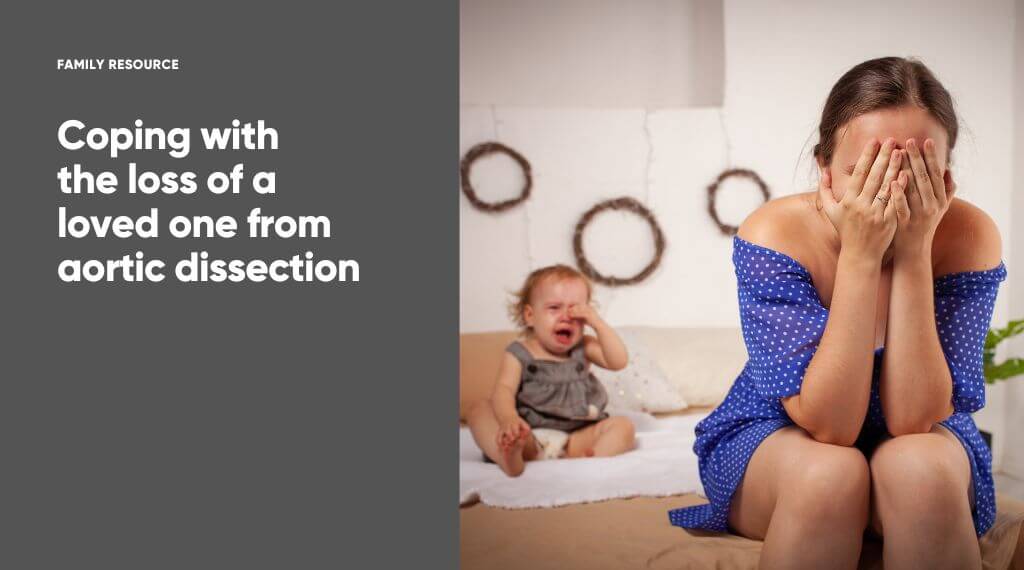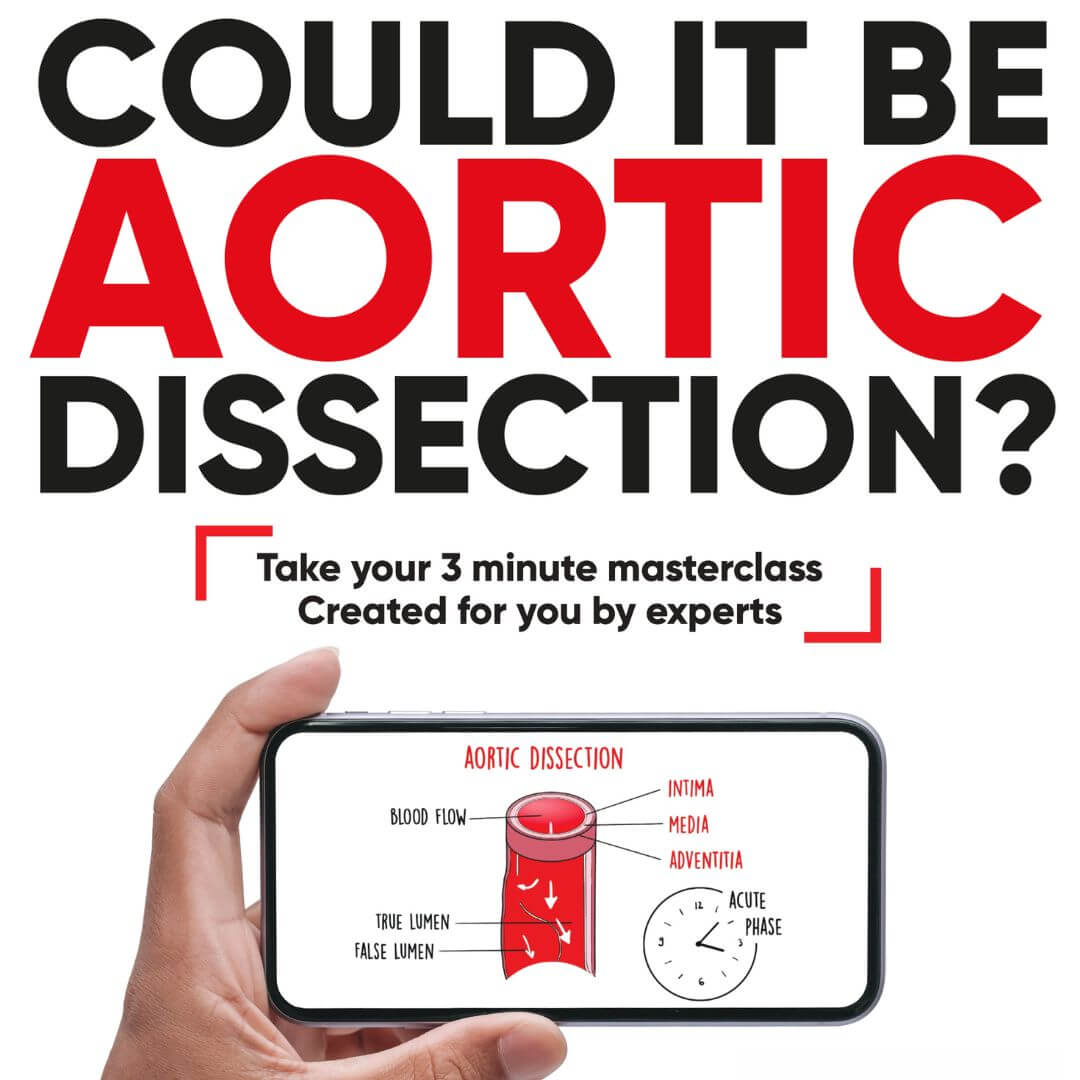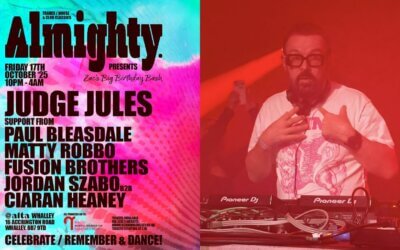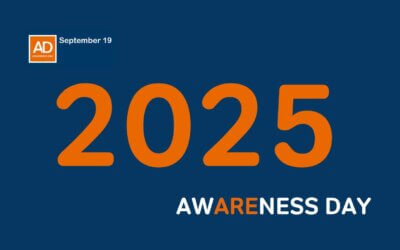David Burgess was a much-loved man from Greater Manchester. At 52 years old, he was a dedicated legal recruitment consultant who had never taken a day off work. In April 2025, he suddenly experienced severe stomach and back pain. His partner, Sandra O’Hagan, took him to Wythenshawe Hospital. There, he was diagnosed with gastritis and sent home with Gaviscon. No follow-up appointment was arranged. The pain continued. A week later, they returned to hospital. This time, doctors diagnosed an aortic dissection. He underwent emergency surgery, but sadly, his life support was withdrawn on 10th May.
Symptoms of aortic dissection can vary and are often misdiagnosed. In David’s case, the pain was not in his chest, so they did not suspect a heart condition. Sandra has since spoken out publicly. She is raising awareness so that others do not suffer the same devastating loss. She believes David might still be alive had the diagnosis come sooner.
Revealing the Hidden Danger
Since David’s death, the Aortic Dissection Charitable Trust has been working with Sandra to help amplify her voice. The charity raises awareness, funds research, and supports patients affected by this condition. The charity’s research shows that with earlier diagnosis, up to 10 lives a week could be saved in the UK.
Following the attention around David’s story, the charity was invited to ITV Studios at Media City in Salford. Graham Cooper from the charity joined survivor Martin Hilton on air to discuss the condition and the urgent need for better diagnosis. Martin shared how he experienced his dissection while out on a run. He was fortunate to be diagnosed quickly. He received surgery and is now fit and well. His experience was a stark contrast to others who are not diagnosed in time.
Graham explained how the symptoms are not always typical. Some patients do not feel classic chest pain. Many are misdiagnosed. The charity is working hard to change that. Education for clinicians is key. So is better decision-making in emergency departments. The charity is funding research into clinical decision tools, artificial intelligence, and a potential blood test to detect dissections early.
Reaching Those Who Need Us Most
After the interview aired, the charity received an overwhelming response. A number of patients and families have reached out, many saying they had no idea there was a charity to support them through aortic dissection. They are now able to access our resources and feel more supported. Members of the public have also been in contact, asking how they can help with our work, showing the real impact of raising true awareness.
We would like to thank Jackie Linehan, Legal Director at Enable Law, supporting Sandra, for introducing her to the charity and helping us amplify our message.
The charity continues to campaign for change. Our message is clear – real awareness saves lives. If you’ve been affected or want to support our work, please contact us.
Support After Loss
If you’ve lost someone to aortic dissection, we understand the pain and confusion it can bring. Our bereavement guide offers compassionate, practical support from those who’ve been there.
Access the guide or contact us directly – we’re here to help you through this.





